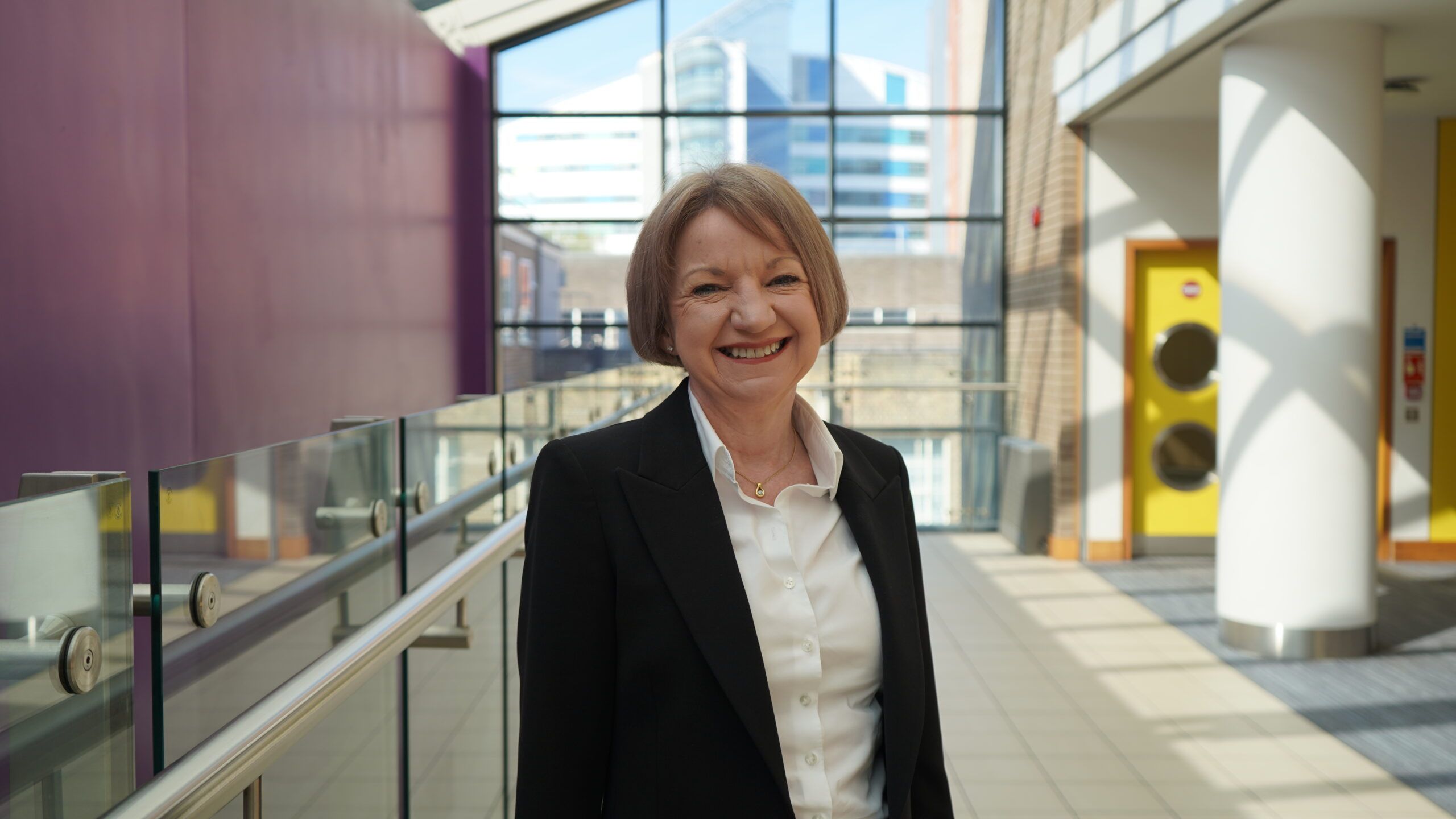BHP Annual Meeting details announced
Birmingham Health Partners annual meeting will be held on the afternoon of 19th November (1.00pm – 5.00pm), at the Edgbaston Park Hotel, Birmingham.
Our keynote speaker will be Prof Waljit Dhillo, Dean of the NIHR Academy and NIHR Scientific Director for Research Capacity and Capabilities. We will also hear from our new Chair of Birmingham Health Partners, Richard Meddings, CBE.
A full programme will follow in the next few weeks.
To register please email k.mcnaughton@bham.ac.uk by 31st October 2025.
Please also indicate your order of preference for which themed table session you would like to join:
Tackling the NHS 10 year plan: how can we use BHP to address the “Three Shifts”
- Theme 1: Analogue to Digital
- Theme 2: Hospital to Community
- Theme 3: Treatment to Prevention
Professor Dhillo is a Professor in Endocrinology & Metabolism at Imperial College London and Consultant Endocrinologist at Imperial College Healthcare NHS Trust. His research includes the development of safer IVF treatment for women; robotic sensor technology to diagnose women’s reproductive health problems in real-time; and exploring whether kisspeptin can ultimately be used to treat men with common psychosexual disorders, such as low libido. He was previously an NIHR Research Professor and this year was appointed as an NIHR Senior Investigator.
As Dean of the NIHR Academy, Professor Dhillo will support the delivery and development of NIHR Academy schemes, including the Integrated Academic Training Programme, Personal Research Fellowships, the Integrated Clinical Academic Programme, the Infrastructure Training Forum, as well as a number of Global Health Training Programmes. Working in partnership with the Department of Health and Social Care (DHSC) and the NIHR Academy CEO, Professor Dhillo will provide oversight on the development and delivery of NIHR research training programmes, to ensure they meet the needs of the current research landscape, as well as identifying future gaps and how to solve them.






